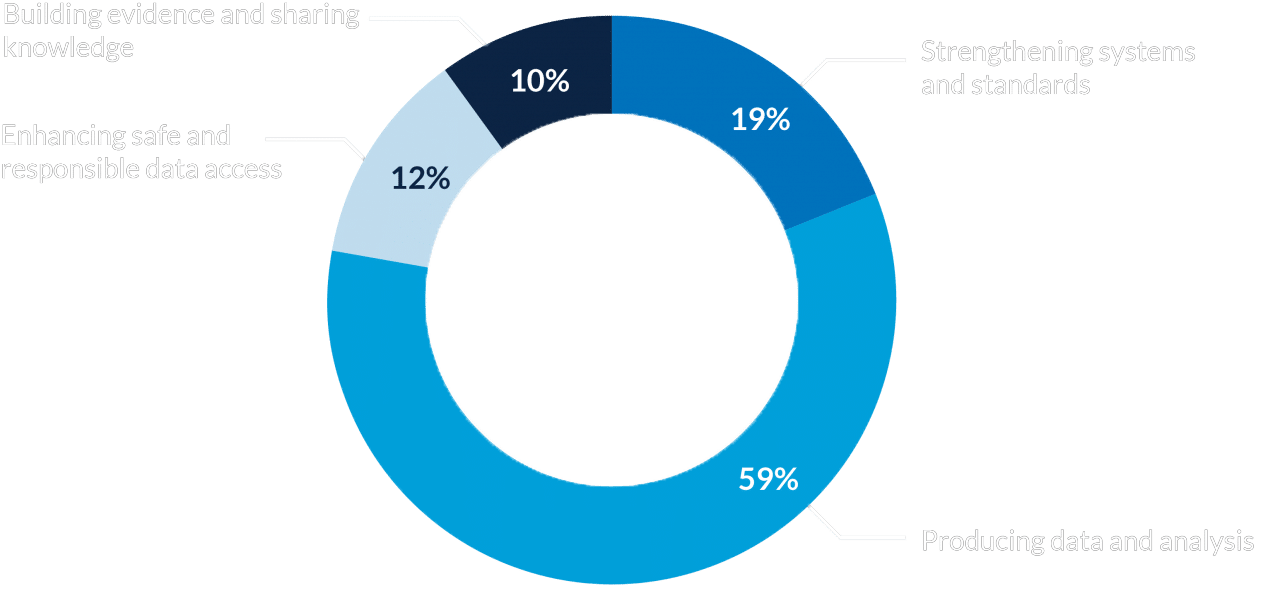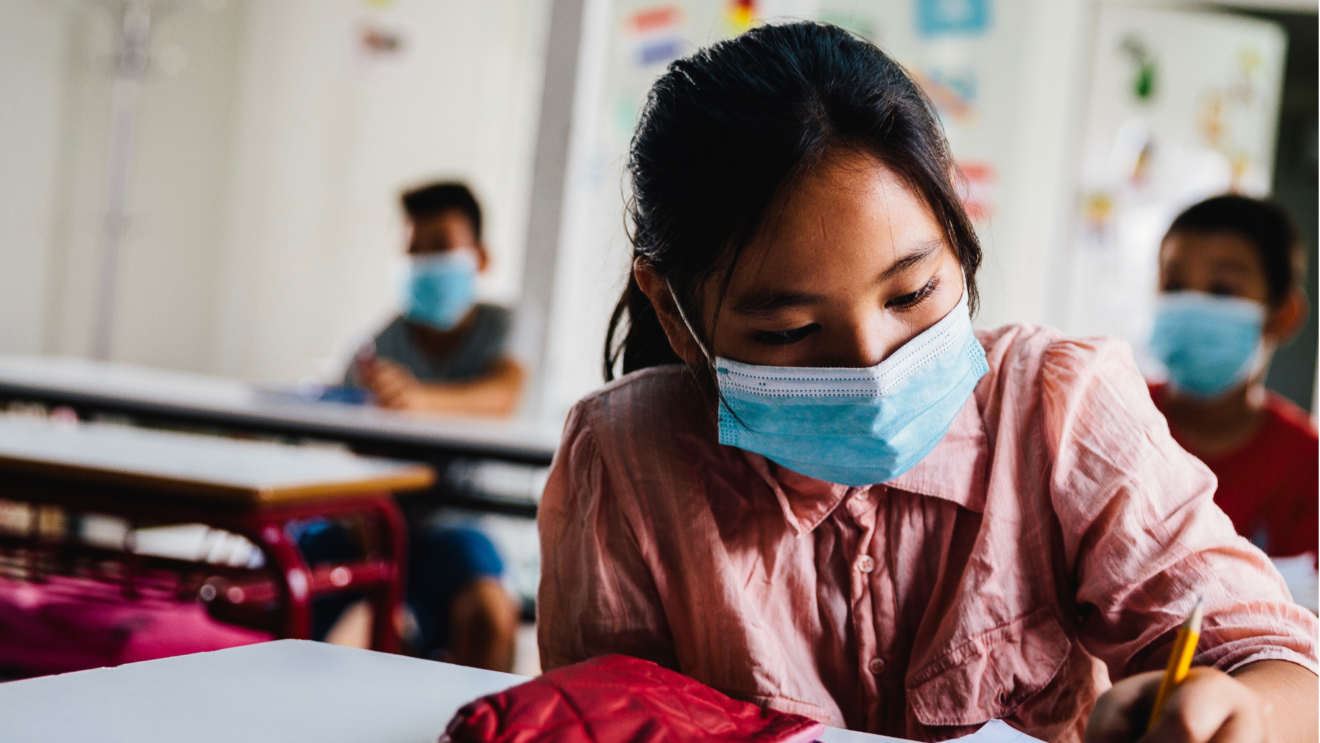The mission and strategy of the Joint Data Center on Forced Displacement
By mid-2021 over 82 million people are forcibly displaced worldwide due to persecution, conflict, violence, human rights violations, and other events — that is approximately one percent of humanity (UNHCR Global Trends, 2020). Given the enormous complexity of the situation, the World Bank and UNHCR have strengthened their joint activities on forced displacement, through their work with data and analytical work. To further synergize their efforts, both organizations, with support from the Danish government, inaugurated the Joint Data Center on Forced Displacement (JDC) in Copenhagen, Denmark, in October 2019.
The VISION of JDC is: Improved protection and wellbeing of forcibly displaced persons and those forcibly displaced are achieved through coherent implementation of evidence-informed humanitarian and development action and inclusive policies.
The MISSION of JDC is: To enhance the ability of stakeholders to make timely and evidence-informed decisions that can improve the lives of affected people.
The FOCUS of JDC is: Improving and supporting the collection, analysis, dissemination, and use of primary socioeconomic microdata and population data that inform policymaking and programming.
Read the JDC Strategy here for more on how the Center prioritizes its engagements to improve the protection and well-being of populations affected by forced displacement.
The strategic objectives and activities of JDC

The JDC aims to set in motion a transformative process to dramatically improve the availability and accessibility of high-quality socioeconomic data and evidence on affected populations. These can in turn be used to inform policies and programs at the sub-national, national, regional, and global levels. Our activities are organized along with the four strategic objectives.
They are currently working with partners and supporting over 40 activities, carefully selected to contribute toward their vision and mission of JDC. Visit the JDC website for more on its activities by clicking here.
The financial scope and funding
The financial scope and funding
The JDC is funded by the Government of Denmark represented by the Danish Ministry of Foreign Affairs, EU represented by the EU Directorate-General for International Partnerships (INTPA), and the US Government represented by the US Bureau of Population, Refugees and Migration (PRM).
To support their activities, the Center has committed a total amount of 18,5 million USD. The budget distribution across the four strategic objectives can be seen in the chart on the right. A flexible rolling window fund of 1 million USD also allows JDC to respond to more immediate operational needs or evolving crises.

The impact of COVID-19
The impact of COVID-19
The COVID-19 pandemic has been one of the most disruptive social events in modern times and changed the world in many. All sectors of society are affected by this crisis, and for those forcibly displaced, the impact of the pandemic will be exacerbated by the conditions in which they live.
Forcibly displaced populations need to be included in the global response to the virus, but designing any appropriate policy response will require deep knowledge of the socioeconomic and demographic characteristics of these populations – data which is often limited. Therefore, investment and research within data are more needed than ever.
To respond to the pandemic within the JDC’s mandate, the Center is working to include forcibly displaced populations in research and phone surveys on the socioeconomic impacts of the pandemic. You can read the Center’s reports and briefs on the impact of COVID-19 on forcibly displaced persons on its website.

